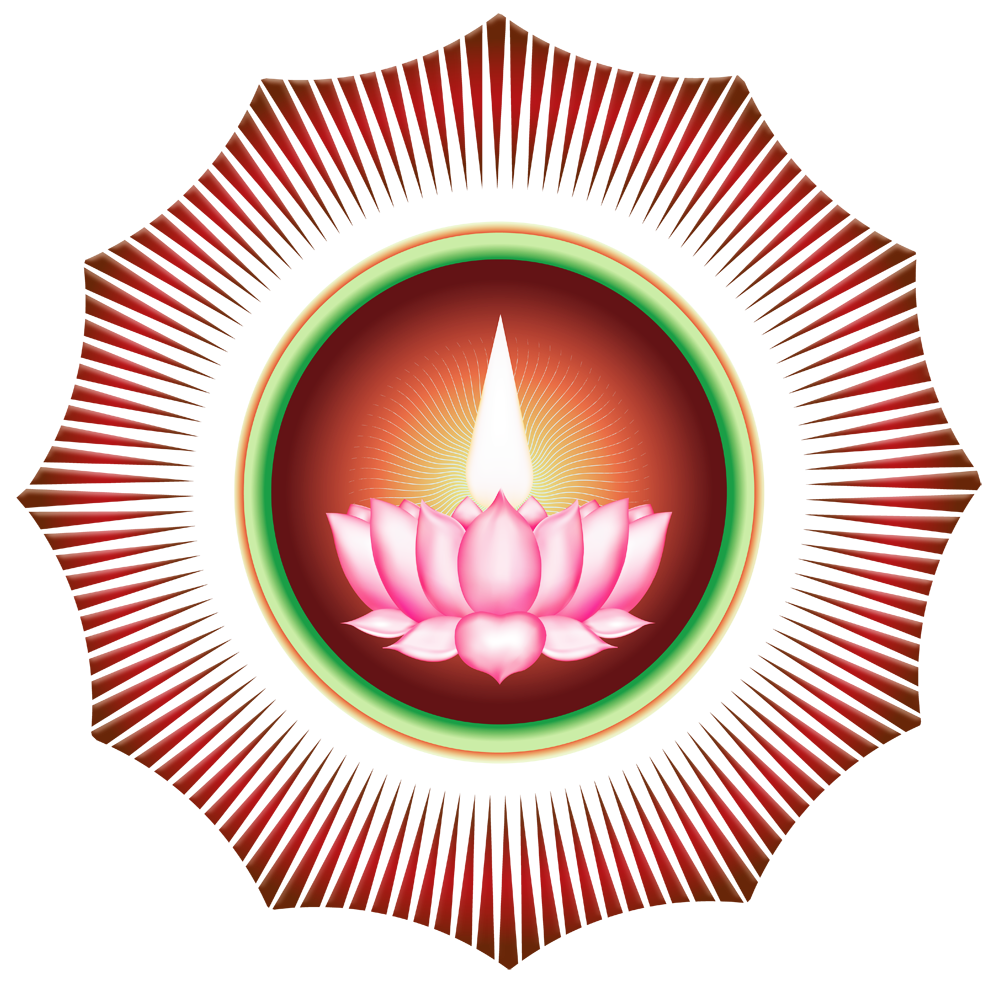World of Mythology : Part 1
Mythology is a collection of myths, especially one belonging to a particular religious or cultural tradition of a group of people – their collection of stories they tell to explain nature, history, and customs–or the study of such myths.
TERM :
In present use, "mythology" usually refers to the collected myths of a group of people but may also mean the study of such myths. For example, Greek mythology, Roman mythology and Hittite mythology all describe the body of myths retold among those cultures, but landscape mythology describes the study of landscape used across various totemistic peoples. Alan Dundes defined myth as a sacred narrative which explains how the world and humanity evolved into their present form, "a story that serves to define the fundamental worldview of a culture by explaining aspects of the natural world and delineating the psychological and social practices and ideals of a society". Mythology is now often sharply distinguished from didactic literature such as fables, but its relationship with other traditional stories such as legends and folktales is much more nebulous.
Basic :
Man has always sought to understand the world around him better and Myths are the imaginative traditions devised in order to explain his surroundings. Early Man would have been completely in awe of the natural and supernatural phenomena around him and probably have sought to make sense of phenomena such as Lightening & Thunder, Rain & Drought, Day & Night, Birth & Death. It was the experience of their mystery, mingled with fear, that gave birth to Mythology and eventually, Religion.
Vedic mythology refers to the mythological aspects of the historical Vedic religion and Vedic literature, alluded to in the hymns of the Rigveda. The central myth at the base of Vedic ritual surrounds Indra who, inebriated with Soma, slays the dragon (ahi) Vrtra, freeing the rivers, the cows and Dawn.
Vedic lore contains numerous elements which are common to Indo-European mythological traditions, like the mythologies of Persia, Greece, and Rome, and that of the Celtic, Germanic, Baltic and Slavic peoples. The Vedic god Indra in part corresponds to Dyaus Pitar, the Sky Father, Zeus and Jupiter or Perun. The deity Yama, the lord of the dead, is Yima of Persian mythology. Vedic hymns refer to these and other deities, often 33, consisting of 8 Vasus, 11 Rudras, 12 Adityas, and the late Rigvedic Prajapati. These deities belong to the 3 dimensions of the universe/heavens, the earth, and the intermediate space. Some major deities of the Vedic tradition include Indra, Surya, Agni, Vayu, Varuna, Mitra, Aditi, Yama, Soma, Sarasvati, Prithvi, and Rudra.
Hindu :
Hindu mythology is a large body of traditional narratives related to Hinduism as contained in Sanskrit literature (such as the epics like Mahabharata and Ramayana, the Puranas, and the Vedas), Ancient Tamil literature (such as the Sangam literature and Periya Puranam), several other works, most notably the Bhagavata Purana, claiming the status of a Fifth Veda and other religious regional literature of South Asia. As such, it is a subset of mainstream Indian and Nepali culture. Rather than one consistent, monolithic structure, it is a range of diverse traditions, developed by different sects, people and philosophical schools, in different regions and at different times, which are not necessarily held by all Hindus to be literal accounts of historical events, but are taken to have deeper, often symbolic, meaning, and which have been given a complex range of interpretations.
Ayyavazhi :
Ayyavazhi mythology is the mythology of the growing South Indian religious faith and a sect of Hinduism known as Ayyavazhi. The main source of Ayyavazhi mythology is the Ayyavazhi scripture, Akilattirattu Ammanai, and its supplement, Arul Nool. The Akilattirattu Ammanai is a recitation by Mayon (the Tamil name for Vishnu, or Lord Narayana) to his consort Lakshmi. It is divided into three sections: pre-incarnational events, incarnational events and post-incarnational events.
STAY CONNECTED.
Hindu mythology is a large body of traditional narratives related to Hinduism as contained in Sanskrit literature (such as the epics like Mahabharata and Ramayana, the Puranas, and the Vedas), Ancient Tamil literature (such as the Sangam literature and Periya Puranam), several other works, most notably the Bhagavata Purana, claiming the status of a Fifth Veda and other religious regional literature of South Asia. As such, it is a subset of mainstream Indian and Nepali culture. Rather than one consistent, monolithic structure, it is a range of diverse traditions, developed by different sects, people and philosophical schools, in different regions and at different times, which are not necessarily held by all Hindus to be literal accounts of historical events, but are taken to have deeper, often symbolic, meaning, and which have been given a complex range of interpretations.
Ayyavazhi :
Ayyavazhi mythology is the mythology of the growing South Indian religious faith and a sect of Hinduism known as Ayyavazhi. The main source of Ayyavazhi mythology is the Ayyavazhi scripture, Akilattirattu Ammanai, and its supplement, Arul Nool. The Akilattirattu Ammanai is a recitation by Mayon (the Tamil name for Vishnu, or Lord Narayana) to his consort Lakshmi. It is divided into three sections: pre-incarnational events, incarnational events and post-incarnational events.
STAY CONNECTED.






